De-Escalation Strategies for Healthcare Workers
The CELLS communication skills framework
Healthcare workers tend to see people at some of the worst moments of their lives. Patients and families may be understandably scared, exhausted, sad, angry and overwhelmed, feelings which may in part shape the way they behave with staff.
The CELLS communication skills framework can support healthcare workers in communicating with distressed people.
C: Choices
Navigating the healthcare system, especially while coping with a health care concern or crisis, can contribute to a person’s feelings of powerlessness. Respect a person’s autonomy and their right to make their own choices and to say no.
E: Empathy
When someone is taking their distress out on you, it can be hard to be empathetic. Remember that underneath anger is usually a more primary and vulnerable emotional experience such as fear. Imagine what you might feel like in the person’s situation.
L: Listening
Listening to another person is often the most healing gift we can offer them. Focus on the person and what they are telling you with their language, tone, body language and expression. Try to avoid interrupting or jumping to solutions when what they really need is for you to listen.
L: Limits
A person always has a right to their feelings, but that doesn’t mean it’s okay for them to be abusive or aggressive. Address aggressive behaviour without shaming the person. Walk away if you need to. Ensure you keep a safe distance and have another person around if the individual is potentially combative or violent.
S: Stay calm
It can be difficult to stay calm when another person is upset, but it is essential if your goal is de-escalation. Take a deep breath and pause before responding. Pay attention to how your feet feel on the ground. Remember that modelling calm is much more effective than preaching calm.
De-escalation can be particularly difficult when you are exhausted, overwhelmed and under-resourced yourself. Recognizing your limits, acknowledging and attending to your needs, and getting support are important ways to further shore up your de-escalation skills.
By Rebecca Higgins, Mental Health Educator
The CELLS communication skills framework can support healthcare workers in communicating with distressed people.


